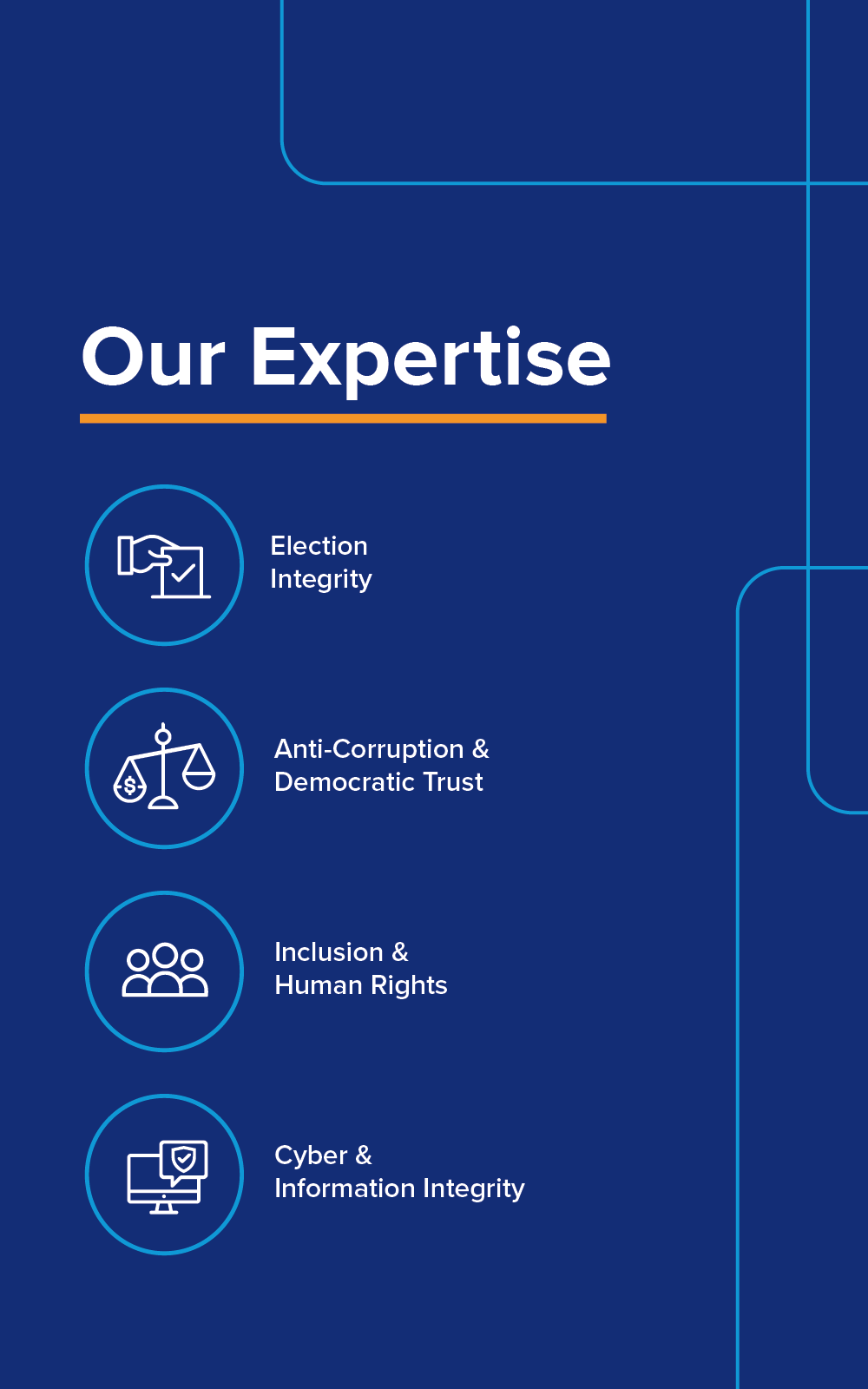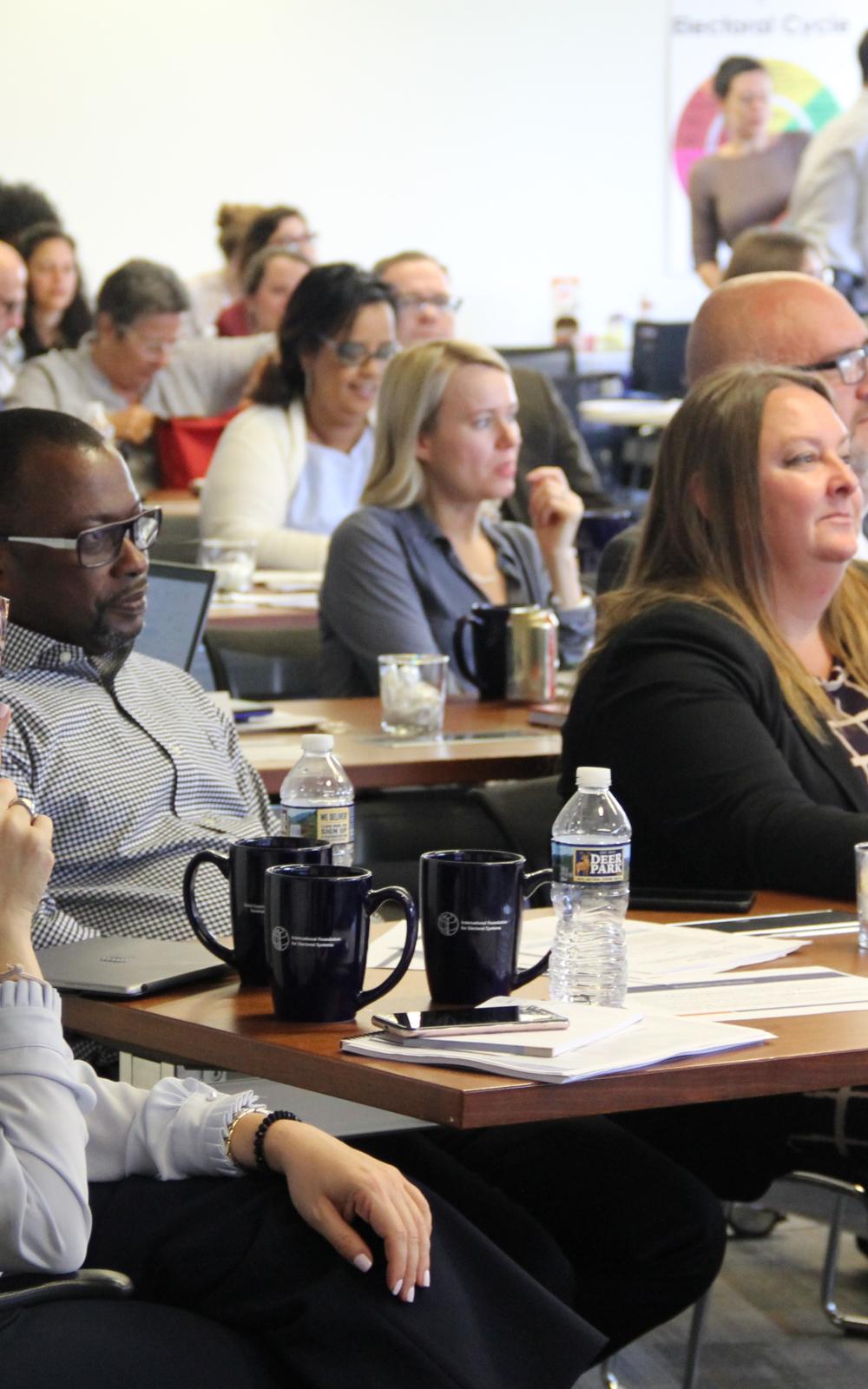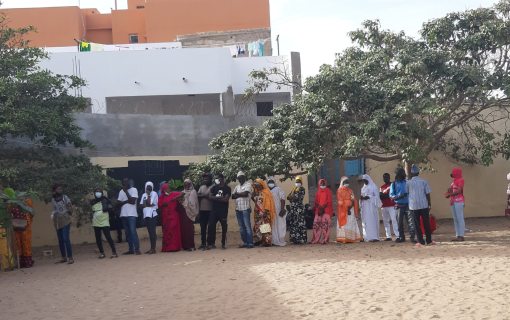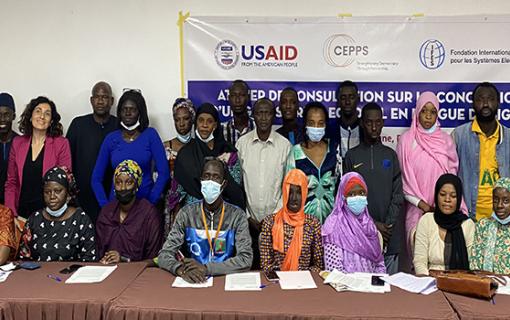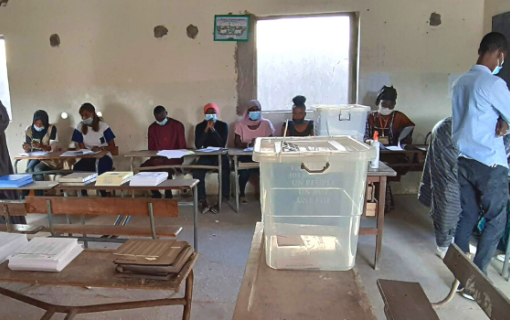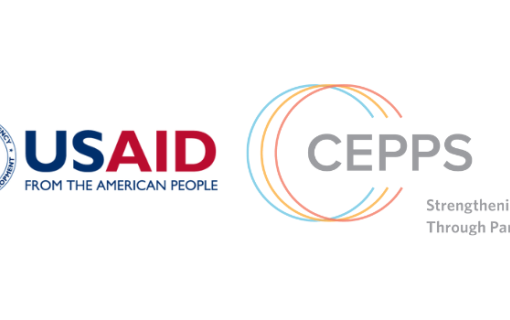Senegal
Long seen as a bastion of resilient and secure democracy in West Africa, Senegal has seen multiple challenges to its democracy, including unrest and citizen disenfranchisement surrounding its most recent presidential elections in 2019. It is in the context of recent challenges and regional challenges to democracy that IFES works with the General Directorate of Elections (DGE) and Senegalese civil society to support citizen engagement in Senegal’s electoral processes.
As part of the Consortium for Elections and Political Process Strengthening (CEPPS) implementing the United States Agency for International Development Elections Support Program in Senegal, IFES is working to build the capacity, inclusiveness, and independence of Senegal’s electoral institutions, namely the General Directorate for Elections (Direction Générale des Élections), under the Ministry of Interior, and the Autonomous National Electoral Commission (Commission Électorale Nationale Autonome). Under this program, IFES created an electoral lexicon handbook, which can be used as a resource for the deaf and hard-of-hearing community when engaging in voter education and the political process.
Before this program, IFES worked in Senegal during the 2012 electoral period. Under the Civic Education Program for Underrepresented Groups (CEPURG) program, IFES organized a nationwide civic education campaign led by civil society organizations and targeting women, youth, and persons with disabilities that reached over six million Senegalese citizens and relayed messages about electoral processes; voters’ rights and responsibilities; and non-violence and participation. IFES also used the Electoral Violence Education and Resolution (EVER) methodology to train over 60 electoral violence monitors who monitored electoral violence in six target regions. In addition, under the Programme Gouvernance et Paix (PGP) program, IFES provided technical assistance to the Autonomous National Electoral Commission (CENA) to better supervise and control electoral operations; raised citizen awareness of civic rights and duties; and increased the capacity of political parties, targeting women, and youth members.
Related Downloads
Our Global Expertise
